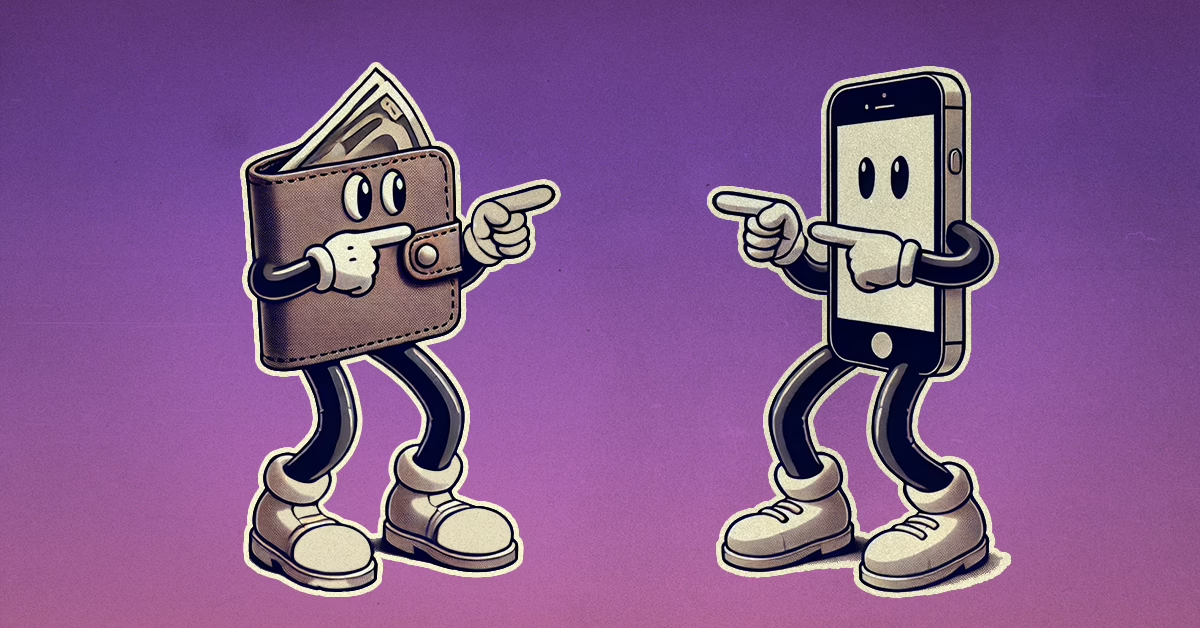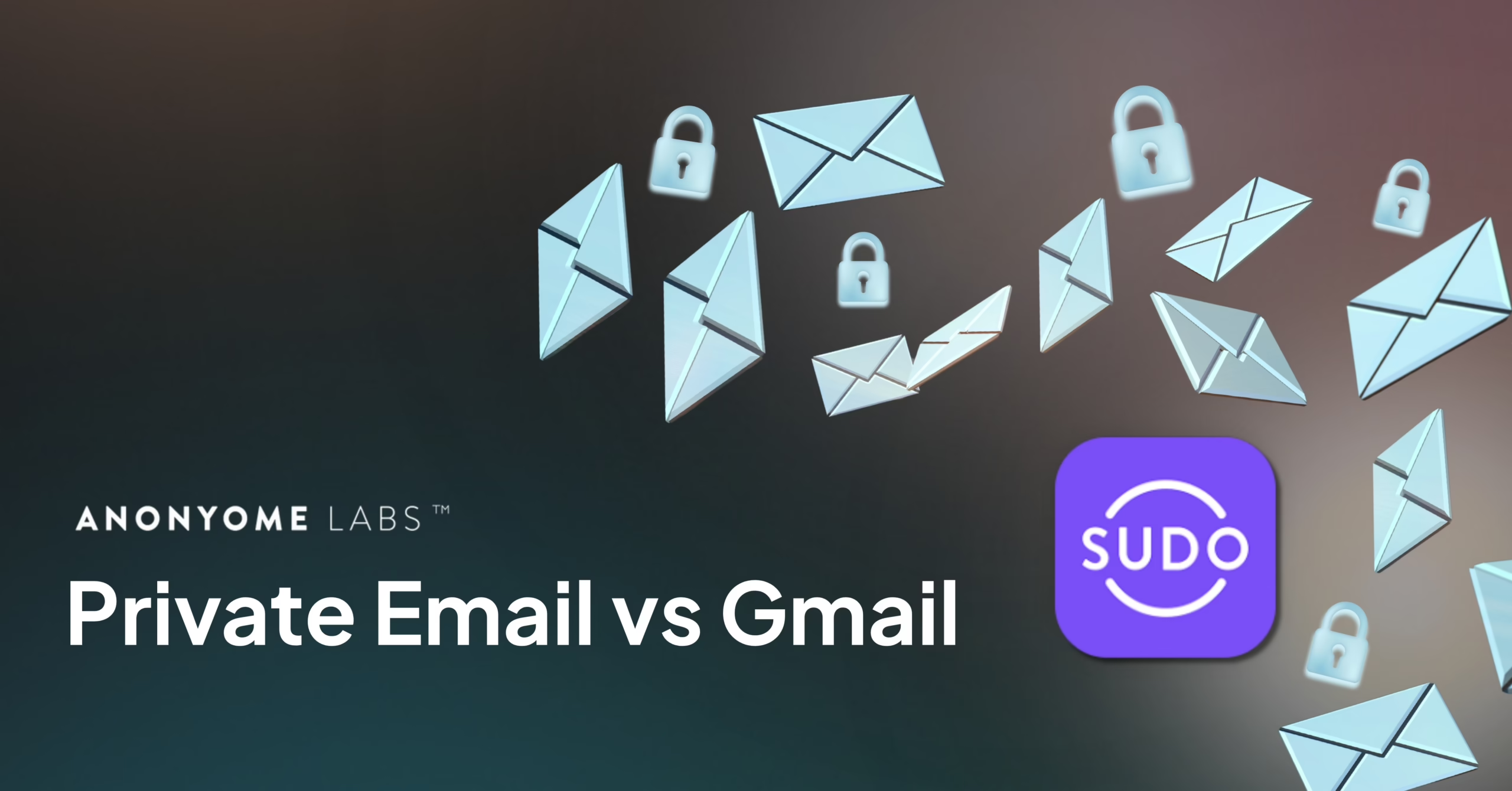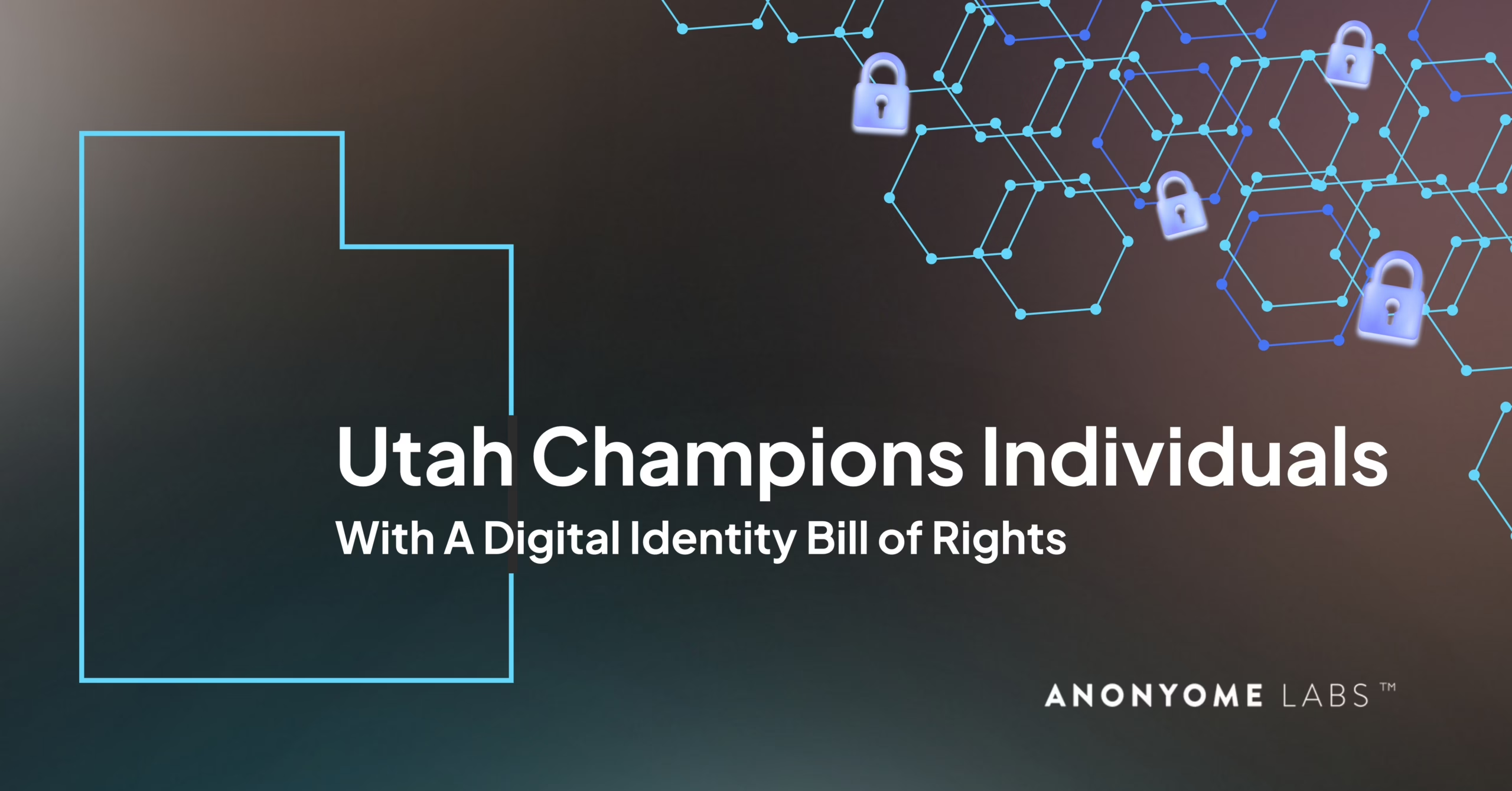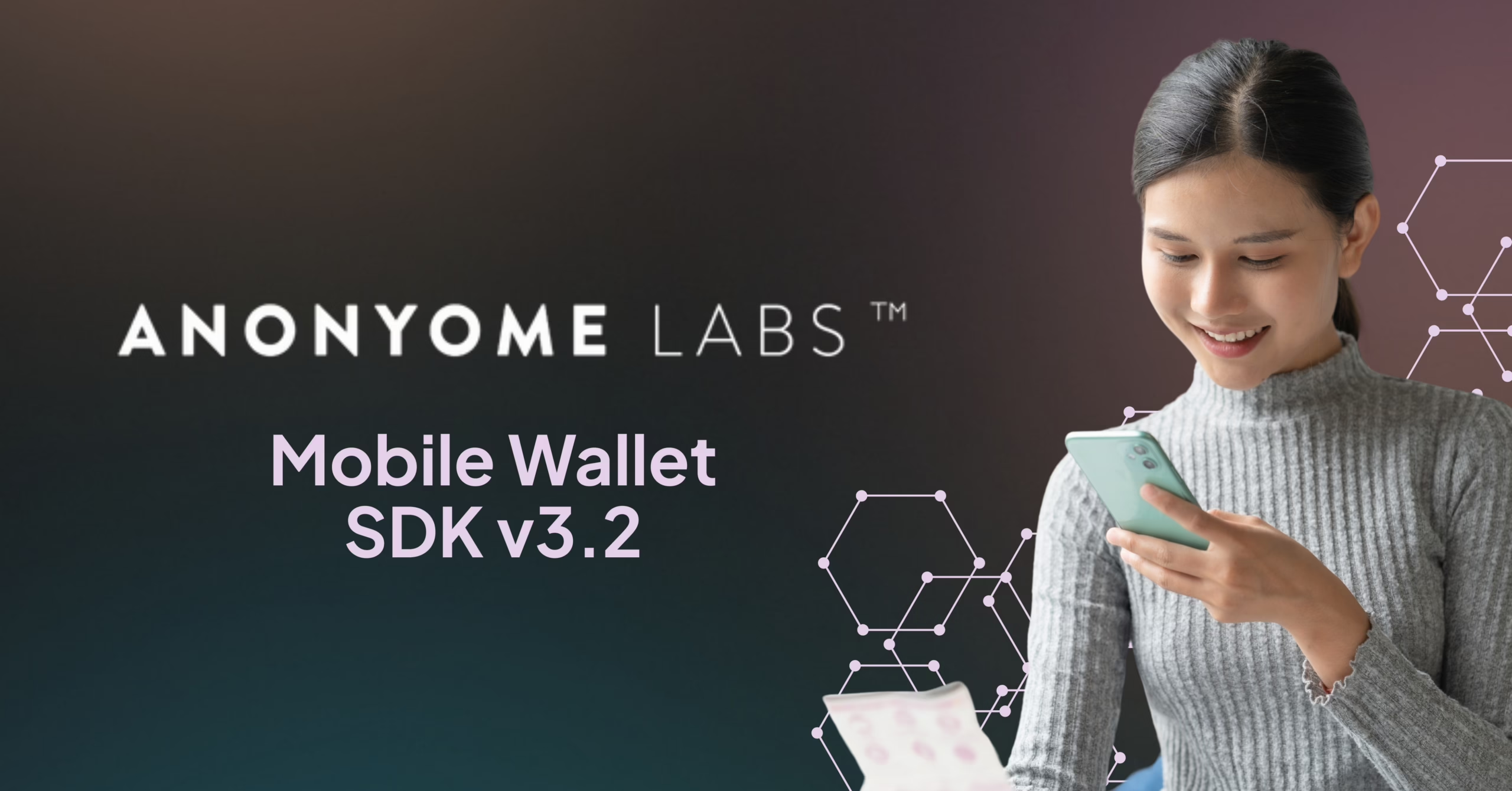By Steve McCown
Today’s news is filled with articles and discussions about digital identity, credentials, passwordless logins, etc. Inevitably, articles gravitate towards digital wallets, some pending ‘wallet war’, and who will win it. The short answer is … everyone.
When modern digital identity technologies emerged, they introduced new cryptography, keys, tokens, and other security data and they required a specialized type of storage that developers called a ‘wallet’. Wallet apps quickly emerged to enable users – with no interest in cryptography other than it increases security and privacy – to push a button and securely access whichever service they were seeking. Lots of wallet apps emerged … and Apple, Google, Samsung, Microsoft, etc. all took notice.
Today, the Apple Wallet or the Google Wallet is on nearly every mobile. So, did they win the so-called wallet war? Sort of, but not exactly. Depending on which mobile device you use, you have an Apple or Google wallet and almost certainly use it. However, whether you know it or not, you have other ‘wallets’ on your device and you use them regularly, too.
As one example, most airlines have their own wallet, but they don’t call it a wallet. Flying Delta Airlines? You probably have the Fly Delta app. This app lets you search, compare, and book flights. It helps you change seats to get that inch or two of extra leg room. It also prompts you to check in, creates a boarding pass, and even helps you find your new gate when your flight is moved. For identity, it manages your government ID data, your passport, and credit cards. For air travel, it does pretty much everything. So, why are we still using the Apple Wallet?
While the Fly Delta app focuses on Delta’s flying experience, the Apple Wallet (or Google Wallet) does a bunch of other random, but really important, things. It stores payments and lets you pay online and at contactless terminals, and maintains an itemized list of purchases. It also stores insurance cards, movie tickets, membership cards, and a limitless set of cards with QR codes. So, if Apple’s wallet does all of that, why would you need anything else?
While the Apple Wallet is very general purpose, it can’t do all the specialized things that apps like Delta’s do. While you’ll use Delta’s to search, book, and carry out your travel plans, Fly Delta also lets you save your boarding pass as a card with flight info and a boarding QR code into your Apple Wallet. Why do they work together? Isn’t there a war over wallet adoption? Not really.
While the infamous Browser Wars battled over control of your web experience, today’s wallet apps specialize by providing different functionality, which means you will likely want several – and you will want to them to work together. Domination may have been the previous goal, but today, we want our apps to work together to give us a seamless, interoperable experience as we bounce from app to site to service and then into another app. Consumers want an easy, seamless experience that just works – since that’s how we think.
So, is a wallet an app or a feature of an app?
The answer is yes, because wallets (or rather wallet functionality) are in everything. Some apps are called wallets (e.g., Apple Wallet, Google Wallet) and we see them that way. Some apps have wallets inside (e.g., Fly Delta, Amazon, eBay) and we use them that way. Don’t get hung up on whether an app is a wallet, or a wallet is (part of) an app. Ask two questions and keep asking them:
- Is it secure? Does it use all the right encryption and standardized protocols and does use them in the right way?
- Does it maintain YOUR privacy? Does it keep your data private, or does it sell your identity, purchase, and usage data and exchange all that with social media and data brokers?
Keep asking those questions, ask them of every provider, and don’t stop asking. As you ask about wallet privacy and security, you can also ask whether they comply with the latest industry standards. Emerging standards help providers enhance security and privacy, comply with national legislation (e.g., GDPR), and avoid data breach embarrassments. A new generation of cryptographic identity standards and protocols are currently available from industry standards organizations, such as the World Wide Web Consortium (W3C), Decentralized Identity Foundation (DIF), OpenID Foundation, Trust over IP, etc. These standards groups are creating blueprints that are becoming the backbone of national legislation, such as Europe’s eIDAS Regulation, which “facilitates secure cross-border transactions by establishing a framework for digital identity and authentication … to create confidence in electronic interactions and promote seamless digital services in the EU.”
So, is a wallet an app or does an app contain a wallet? While the answer is a definitive yes, now you know that the real questions are How is it built?, Does it comply with industry standards?, and Will it protect my identity and my data?
You might also like:
Go Inside Version 3.0 of the Most Advanced Mobile Wallet SDK on the Market[NB1]
Anonyome Wins Prestigious SuperNova Award for Digital Wallet that Will Transform Agriculture



